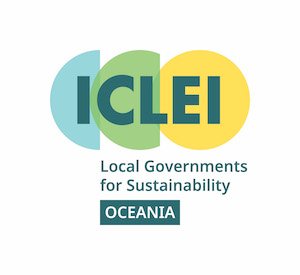In response to climate emergency and other declarations, many cities have developed climate adaptation plans and are acting to build greater resilience to the impacts of climate change. But these plans are very often located in environment or climate change departments of the city structure and are not being applied to reduce climate risk across all city functions. But many managers of other core city functions are not yet aware of the risk climate change will create for the continued safe delivery of core services and governance of the city.
Session 1 on 19 October introduced the Informed.City climate change governance tool. The tool is a cost-effective method for assessing and disclosing the degree to which climate risk has been embedded in all city planning and operations. It can form an essential part of a city’s public disclosure of its treatment of climate-related risk and enables the city to better plan for cascading and emergent risks.
This second interactive workshop will be an opportunity for managers and policy makers from any local governments, other levels of government and public authorities to explore how to develop a climate policy or corporate standard based on the principles of climate risk disclosure.
